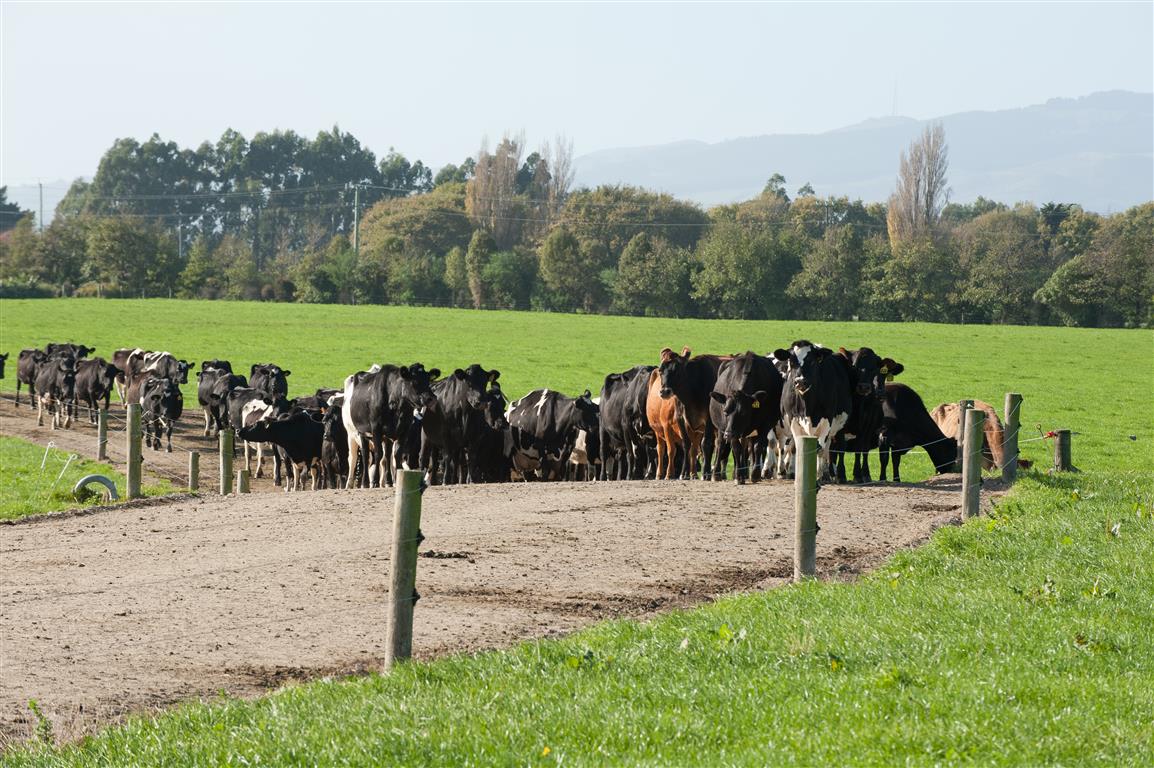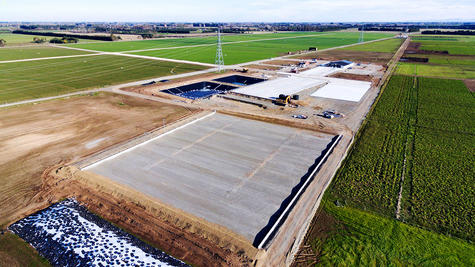
The university is being forced to cull from its herds, with the final number “yet to be determined.”
M. bovis is a bacteria that can cause serious health conditions in cattle, including mastitis, pneumonia, arthritis, and ill-thrift in calves. First detected in New Zealand in 2017, it typically spreads between farms when infected cattle are brought into a previously uninfected herd. It can also be spread to calves that are fed milk from infected cows.

This was under the guidance of the Ministry for Primary Industry’s M. bovis eradication programme.
He said the two farms were confirmed as having the cattle disease in November. This was following a detect result from the September bulk tank milk screening, undertaken monthly nationwide at the point of collection, triggering MPI to place the farms under a restrictive place legal notice, as per its procedures. An RP prohibits all unauthorised movements of farm stock and other risk goods onto and off the property.
The discovery of the disease on the farm had been distressing, especially for farm staff, and support had been offered to them through the Rural Support Trust in conjunction with the university.
“The discovery of a positive test for the cattle disease Mycoplasma bovis has been extremely upsetting and disappointing for us,” Edwards said.
“Due to the specialised objectives of the research dairy farms, care is being taken to minimise any potential impact on current or future research.”

“Stringent biosecurity measures and practices remain in place on all Lincoln University farms,’’ Edwards said.
The number of cows being culled was not confirmed as the process was still being worked through under the guidance of the eradication programme, he said.
The university’s website, LURDF shows it has an average herd size of 200 and ADRDS has a herd size of more than 500.
MPI M. bovis programme director Stuart Anderson said the ministry was working through the depopulation plans with the two dairy farms, and the final number of animals to be culled was yet to be determined.
DairyNZ is applauding the accuracy of the bulk tank milk screening programme in helping to look for infection outside the cattle tracing network as New Zealand makes headway towards eradicating M. bovis.
Most recently, the November bulk tank milk screening from almost 11,000 dairy farms across New Zealand had not detected any additional farms, outside of a Canterbury cluster.













